## Firming Up Your Dog’s Loose Stool: A Comprehensive Guide
Does your furry companion suffer from frequent bouts of loose stools, leaving you concerned and seeking solutions? This article provides a comprehensive overview of the causes of loose stool in dogs and effective remedies to help you firm up your pet’s stools and restore their digestive health.
With clear explanations and scientifically backed information, we’ll explore the various reasons behind canine diarrhea, including dietary indiscretion, stress, and underlying medical conditions. We’ll also delve into proven remedies that can help resolve the issue, such as dietary modifications, home remedies like pumpkin and white rice, and the appropriate use of over-the-counter medications.
Moreover, we’ll emphasize the importance of veterinary care when necessary, such as deworming or antibiotic treatments to address specific medical conditions that may be causing loose stool. By following these guidelines, you can actively assist your dog in regaining a healthy digestive system and reduce the discomfort and inconvenience associated with loose stools.
## Causes of Loose Stool in Dogs
Diarrhea, or loose stool, in dogs is a common issue that can be caused by a variety of factors. Understanding the underlying cause is crucial for determining the most effective treatment plan. Here are some common reasons for loose stools in dogs:
### Dietary Indiscretion
Dogs are curious creatures and often indulge in things they shouldn’t. Eating garbage, table scraps, or other inappropriate items can upset their digestive system and cause diarrhea. These substances can contain harmful bacteria, toxins, or excessive fat, which can lead to inflammation and loose stools.
### Stress or Anxiety
Just like humans, dogs can also experience stress and anxiety. When stressed, their bodies release hormones that can affect their digestive function and result in loose stools. Stressful situations for dogs can include changes in their routine, moving to a new home, or being separated from their owners.
### Underlying Medical Conditions
In some cases, loose stool in dogs may be a symptom of an underlying medical condition. Parasites, bacterial or viral infections, and gastrointestinal disorders can all lead to diarrhea. These conditions require proper diagnosis and treatment by a veterinarian to address the root cause of the loose stools.
The #1 Free Source for Pitbull & Bully Pedigrees!
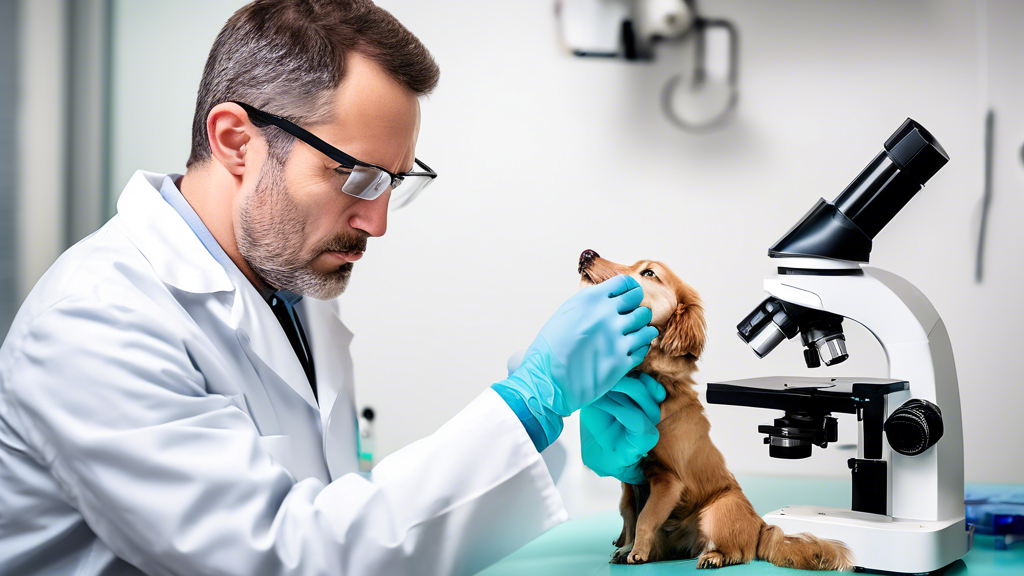
**Effective Remedies for Firming Up Dog’s Stool**
When your dog suffers from loose stool, it’s crucial to find effective remedies to restore their digestive health. Here are several proven solutions to help firm up your dog’s stool:
**Dietary Modifications:**
* **Bland Diet:** Transition your dog to a bland diet consisting of boiled chicken, white rice, or sweet potatoes. Avoid giving them treats or table scraps.
* **Probiotics:** Introduce probiotics into your dog’s diet to promote gut health and reduce diarrhea. Add a pet-specific probiotic supplement to their food or give them plain yogurt.
**Home Remedies:**
* **Pumpkin:** Pumpkin contains soluble fiber that can help absorb excess moisture and firm up stools. Mix a few tablespoons of canned pumpkin puree into your dog’s food.
* **White Rice:** White rice is a natural binder that can help solidify stools. Cook white rice and mix it with water or chicken broth for a soothing meal.
**Over-the-Counter Medications:**
* **Anti-diarrheals:** Over-the-counter anti-diarrheal medications, such as Kaopectate or Pepto-Bismol, can help stop diarrhea by reducing intestinal motility. Follow the dosage instructions carefully.
**Veterinary Care:**
If home remedies and OTC medications don’t improve your dog’s stool, it’s essential to seek veterinary care. Underlying medical conditions, such as parasites or infections, may require antibiotics, deworming medication, or other treatments.
**Additional Tips:**
* **Keep Your Dog Hydrated:** Loose stools can cause dehydration, so ensure your dog has access to plenty of fresh water.
* **Monitor Your Dog’s Stool:** Observe your dog’s stool frequency, consistency, and color. Any changes from their normal habits may indicate an underlying issue.
* **Avoid Stress:** Stress can trigger loose stools in some dogs. Try to provide a calm and comfortable environment for your pet.
By implementing these remedies and monitoring your dog’s stool, you can effectively firm it up and restore their digestive health. Consult with your veterinarian if the loose stool persists or if your dog shows other signs of illness.
**Conclusion:**
Understanding the underlying cause of your dog’s loose stool is crucial for effective treatment. If simple dietary adjustments and home remedies fail to resolve the issue, it’s advisable to consult a veterinarian. Underlying medical conditions or dietary sensitivities may require specific treatments, such as deworming, antibiotics, or hypoallergenic diets.
Remember, loose stools can cause dehydration, electrolyte imbalances, and malnutrition if not addressed promptly. By implementing appropriate remedies and monitoring your dog’s stool consistency, you can help ensure their overall health and well-being.








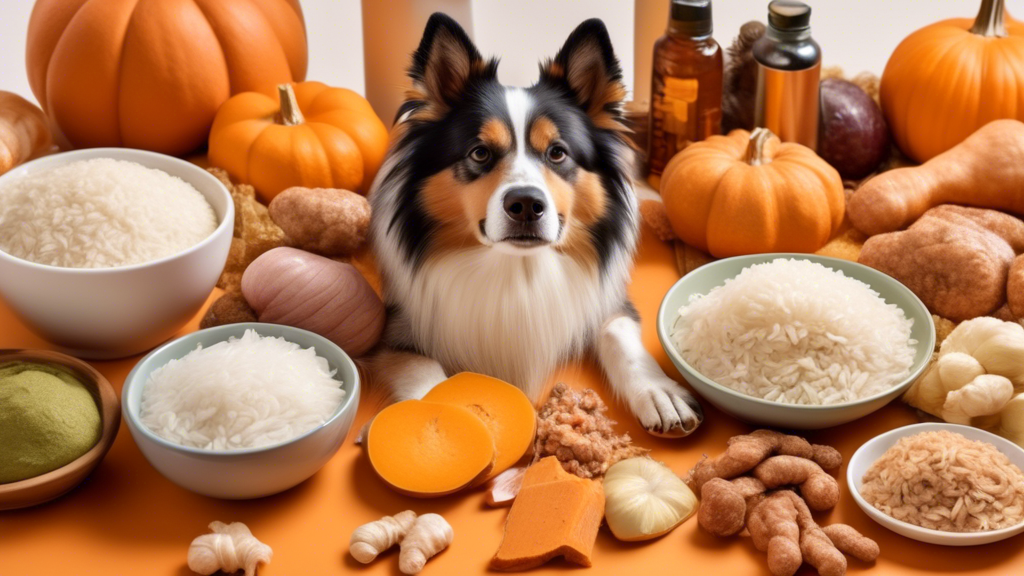
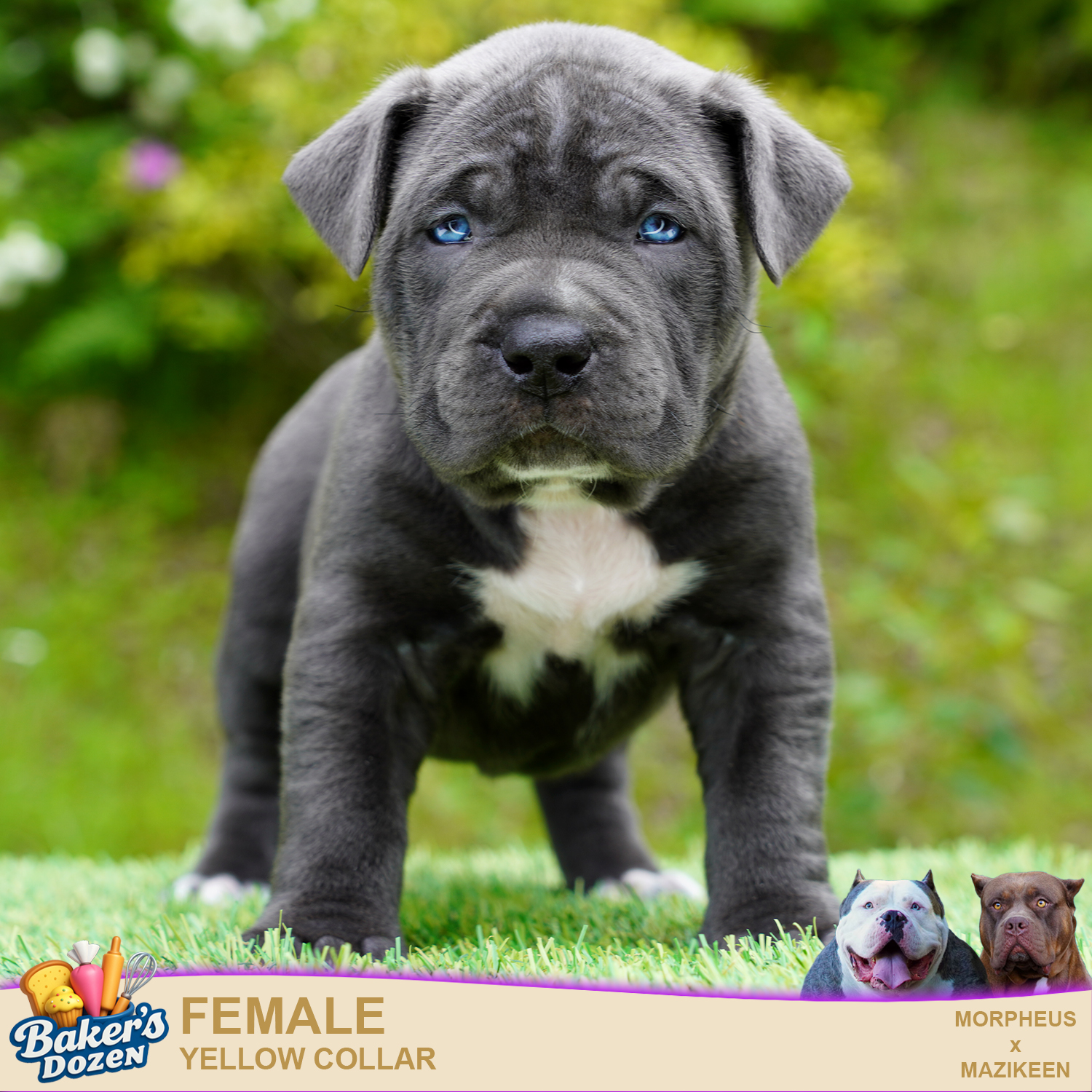


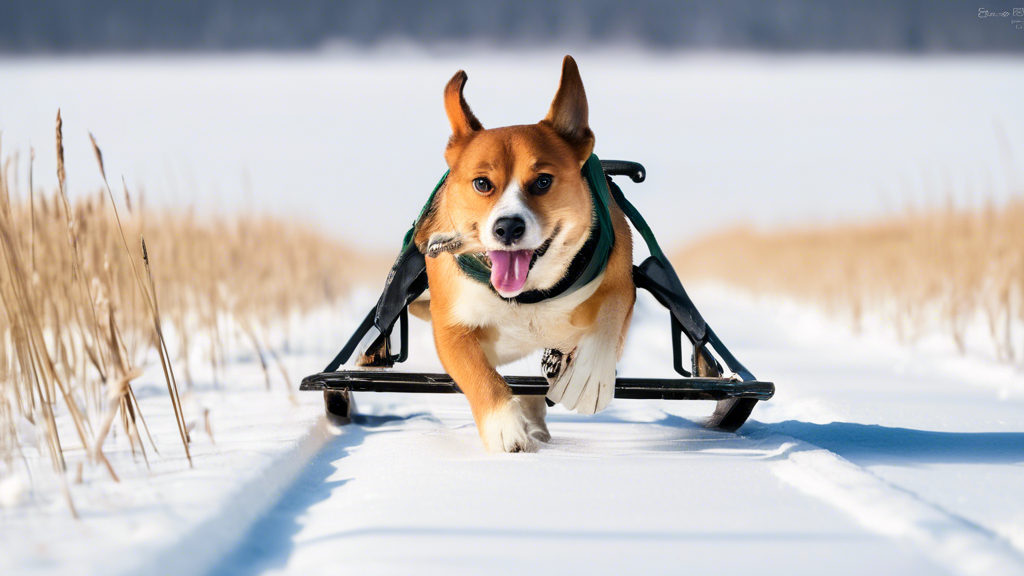
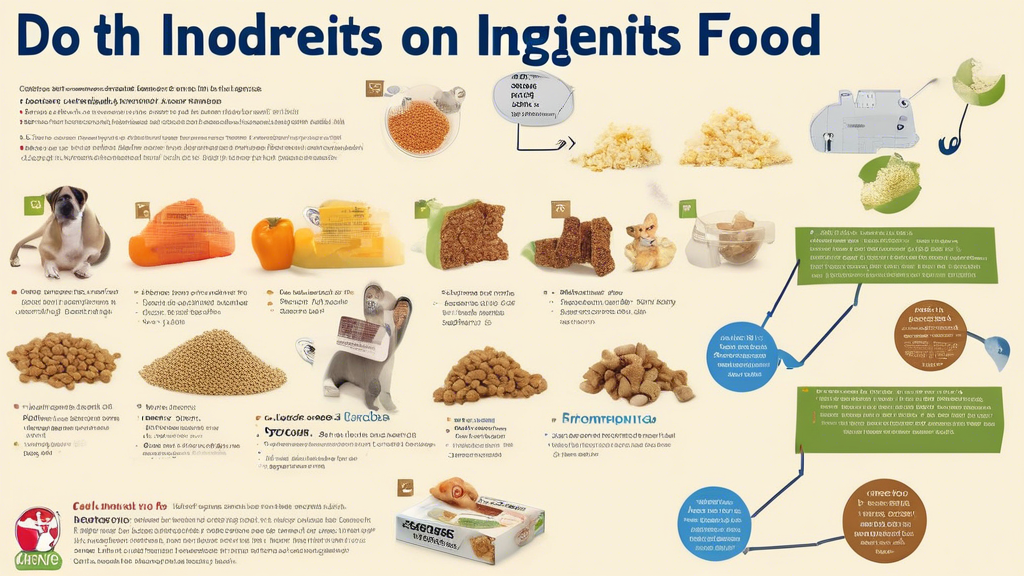
Leave A Comment